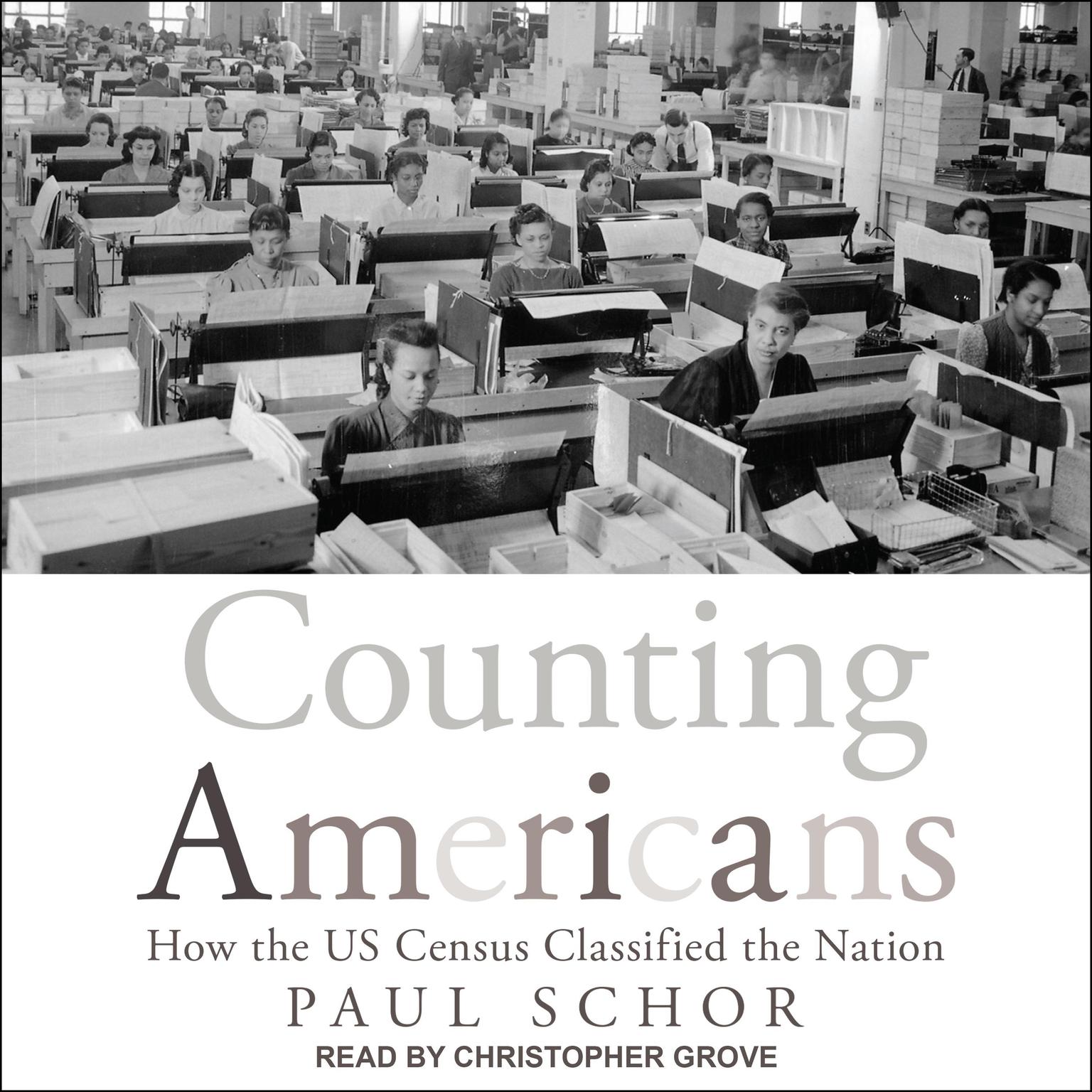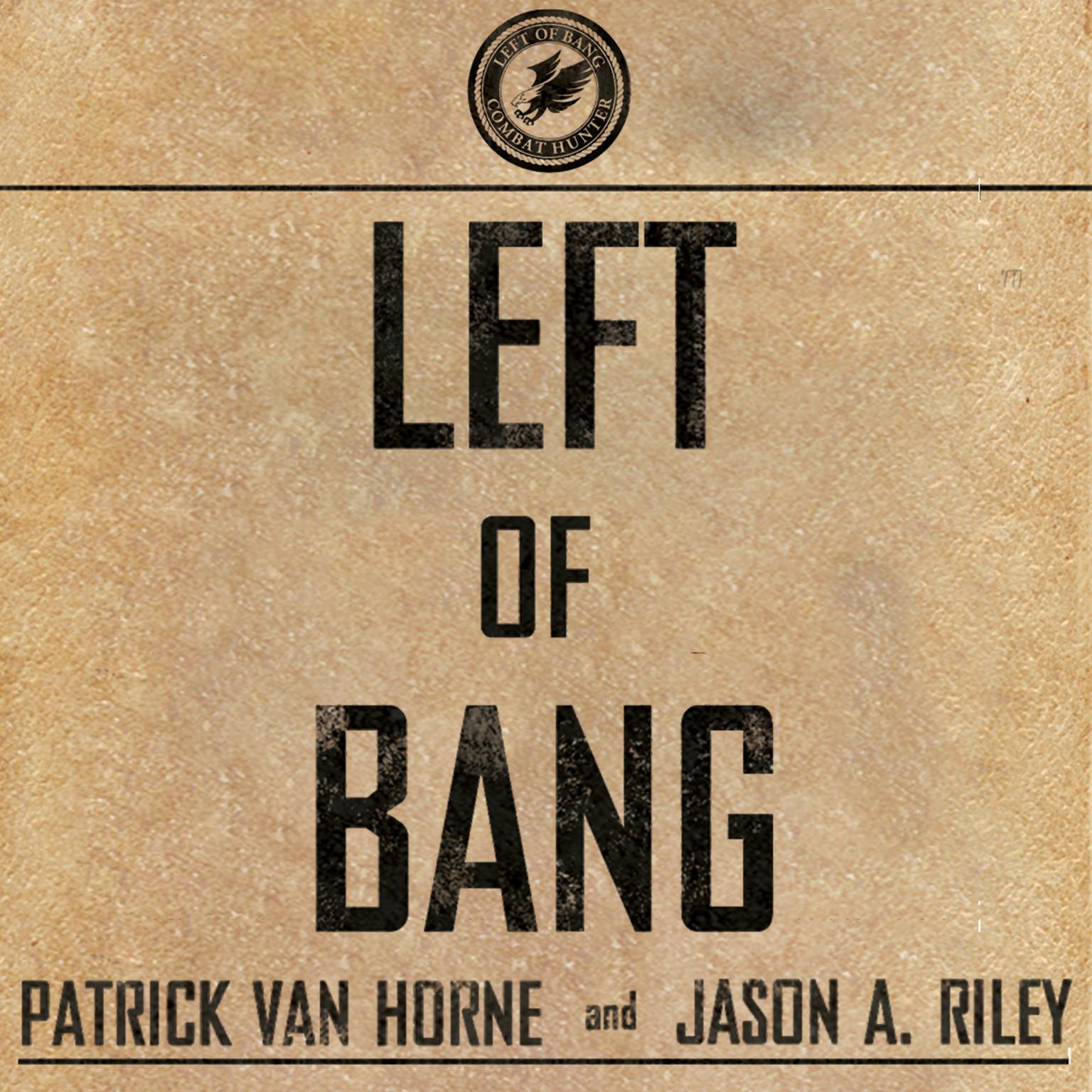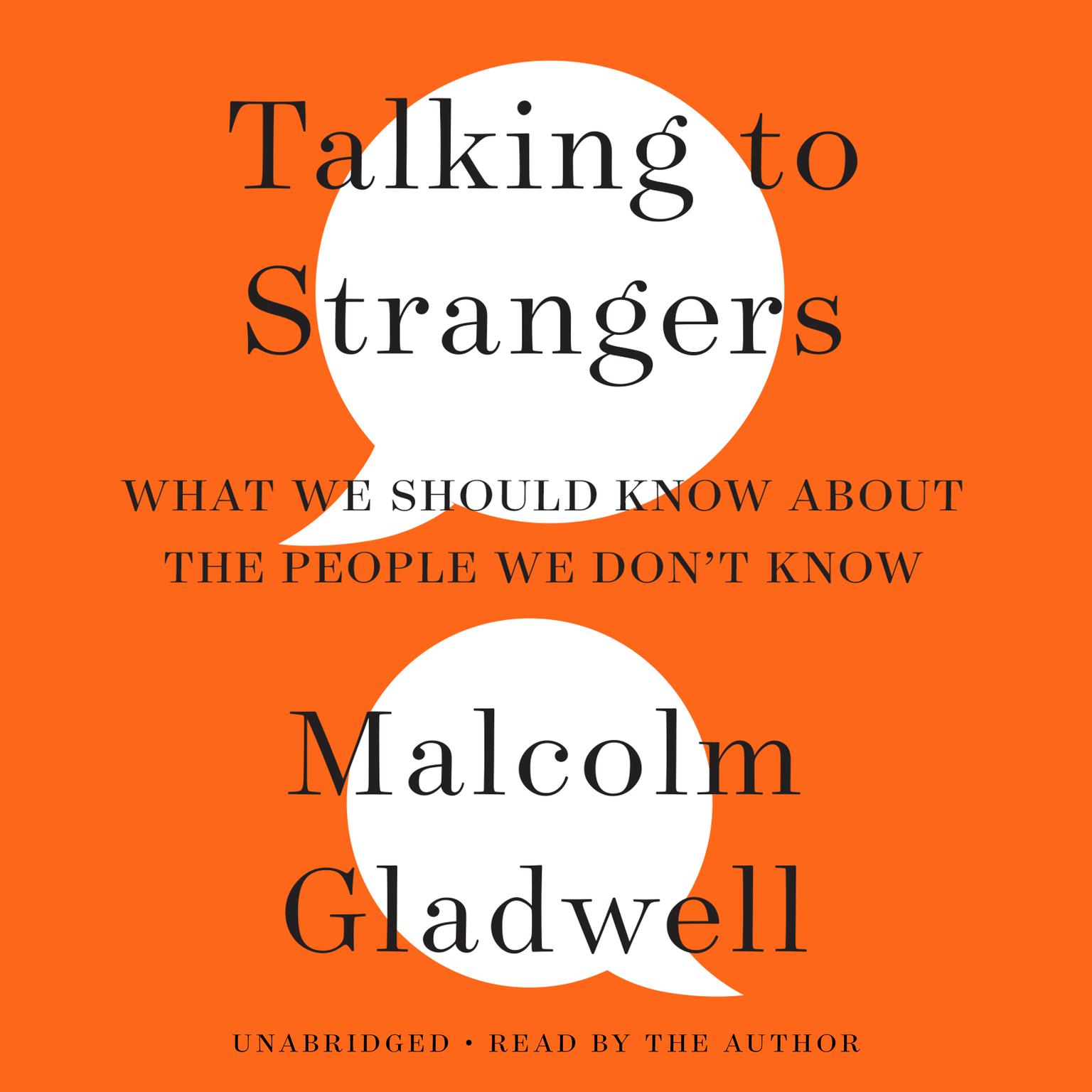Publisher Description
The history of categories used by the US census reflects a country whose identity and self-understanding—particularly its social construction of race—is closely tied to the continuous polling on the composition of its population.
By tracing the evolution of the categories the United States used to count and classify its population from 1790 to 1940, Paul Schor shows that, far from being simply a reflection of society or a mere instrument of power, censuses are actually complex negotiations between the state, experts, and the population itself. The census is not an administrative or scientific act, but a political one. Counting Americans is a social history exploring the political stakes that pitted various interests and groups of people against each other as population categories were constantly redefined. Utilizing new archival material from the Census Bureau, this study pays needed attention to the long arc of contested changes in race and census-making.
Focusing in detail on slaves and their descendants, on racialized groups and on immigrants, and on the troubled imposition of US racial categories upon the populations of newly acquired territories, Counting Americans demonstrates that census-taking in the United States has been at its core a political undertaking shaped by racial ideologies that reflect its violent history of colonization, enslavement, segregation, and discrimination.
Download and start listening now!











